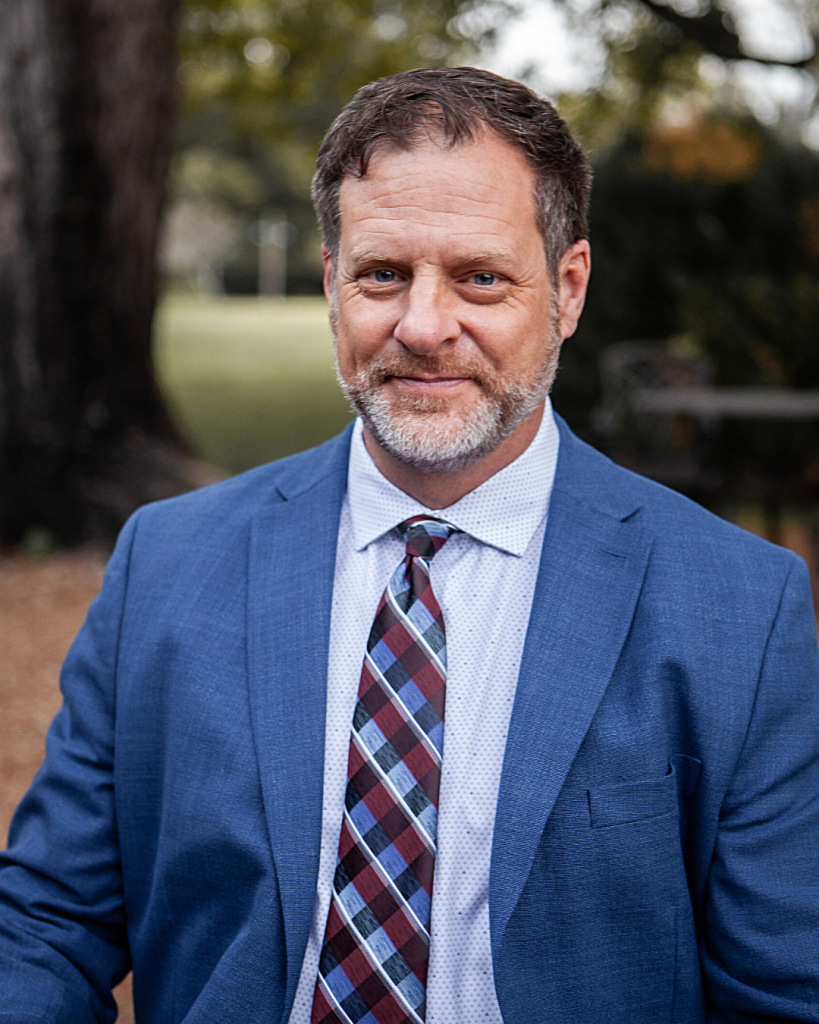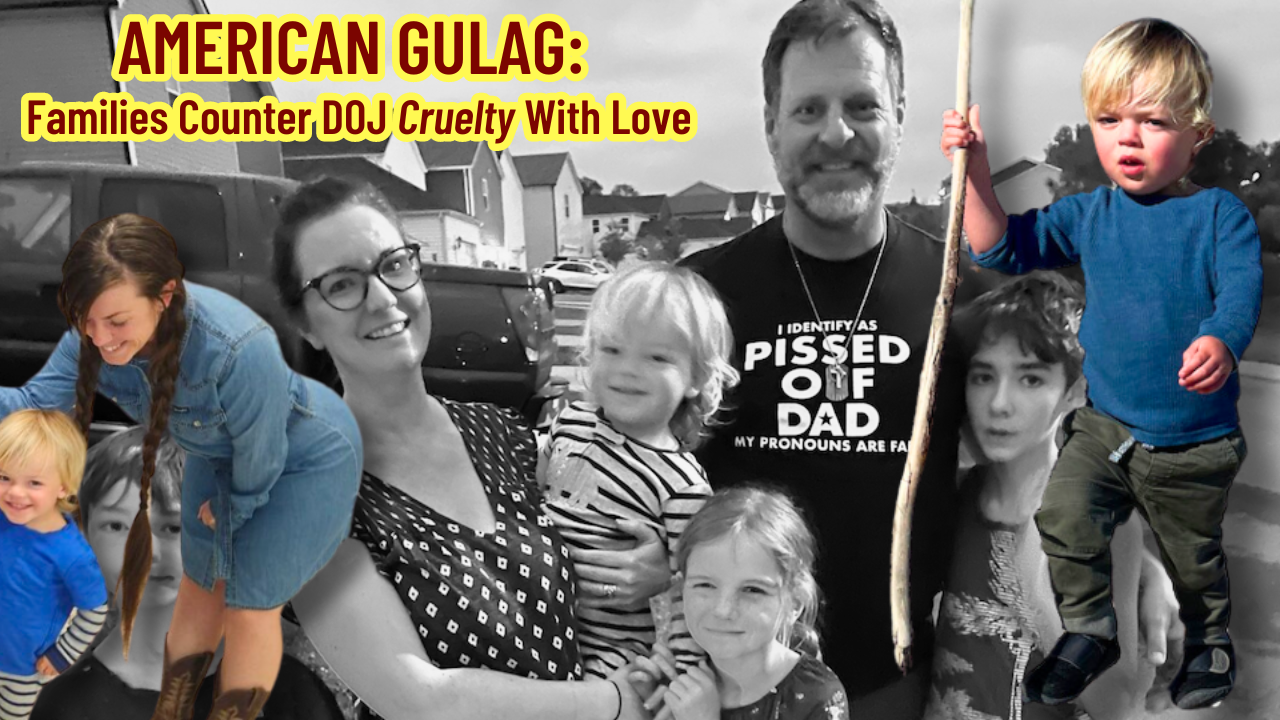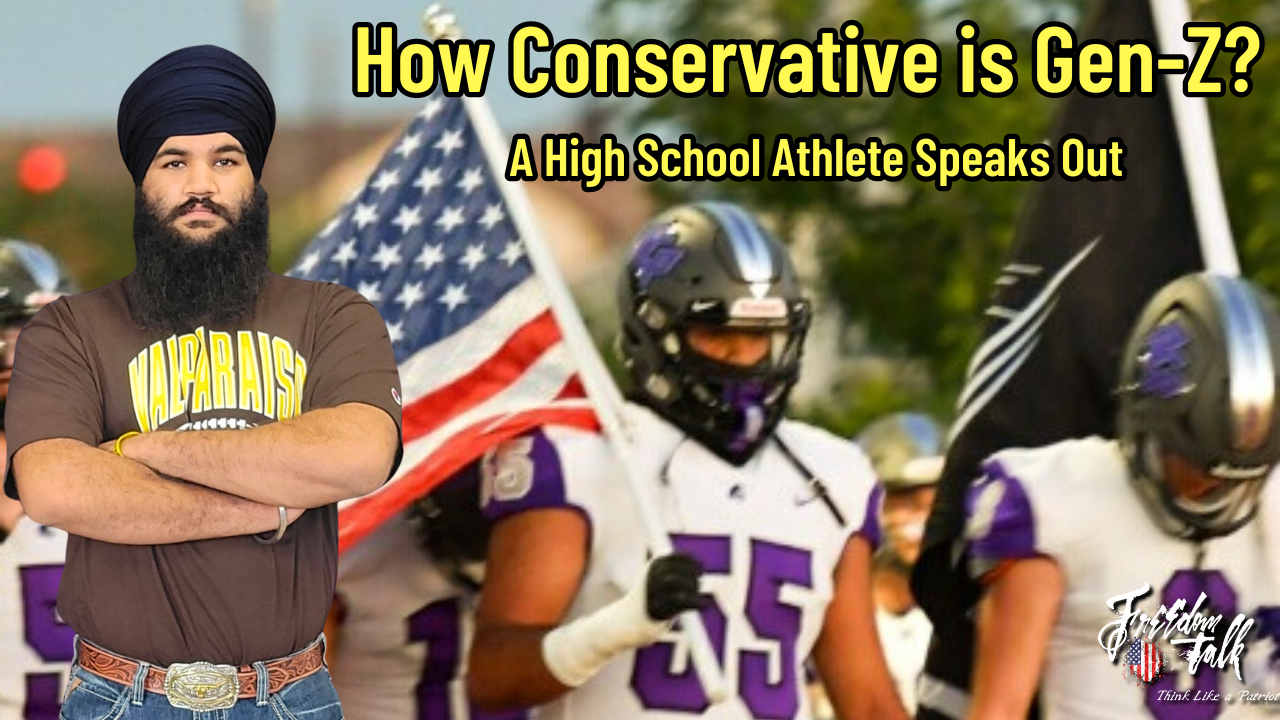The natural world is truly remarkable, dizzyingly complex, and elegantly messy. It manifests a profound simplicity best sensed by a child who is unencumbered by the labeling and categorization adults do. Children don’t judge or classify; they focus on what’s in front of them, marveling at the wonder and mystery of a bug or a tiny seedling.
Climate Change hysteria has gifted the world with generalized anxiety disorder.
 But then children go into public education and, as William Wordsworth put it, “Our meddling intellect misshapes the beauteous forms of things,” adding, “We murder to dissect.” We leave the innocence of the Garden, “out in the fields with God,” and take up residence among the thorns and thistles of higher education. And so begins a transformation from wonder to dread.
But then children go into public education and, as William Wordsworth put it, “Our meddling intellect misshapes the beauteous forms of things,” adding, “We murder to dissect.” We leave the innocence of the Garden, “out in the fields with God,” and take up residence among the thorns and thistles of higher education. And so begins a transformation from wonder to dread.
Climate Change hysteria has gifted the world with generalized anxiety disorder. We are told the environment is going to hell, and we are given nightmarish visions of polar bears running out of ice, coastal areas being flooded, seas acidifying until all our coral reefs and mollusks are forever gone. We do not make our best decisions while in panic mode.
The climate catastrophists seem awfully certain about their uncertainty, which is why their dire predictions often flop. The natural world is too complex and responsive for anyone to draw far-reaching conclusions and prescribe drastic cures. It cannot be pinned down like an insect, nor can fixed solutions be engineered. We must, instead interact with nature in a symbiotic dance, learning as we go. Maybe that sounds “wu,” but it’s true. (And I’m a poet but I already know it.)
Take this article from last year as a case study, “‘One more thing’ about plastics: They could be acidifying the ocean, study says.” The gist of the piece is that “The world’s oceans absorb about 30% of humanity’s carbon emissions, which has resulted in a decrease in pH across the globe. Lowered pH obstructs the ability of marine organisms, such as corals, planktons, oysters and urchins, to build skeletons and shells out of calcium carbonate and to generally survive. The weakening of these calcifying organisms can impact other species that depend on them for food and habitat.” If that’s not bad enough, claims the article, dissolving plastics “could be acidifying the ocean.”
There are several problems with this article’s premises and conclusions.
1. First off, the ocean is alkaline, coming in at an average pH of 8.1 (7.0 being neutral), and the article claims “it’s estimated that, on average, the pH of surface waters has fallen by about 0.1 pH units” (over what period of time, she does not say). Since we cannot test the pH of all ocean water, scientists have to rely on various separate measurements. As one comment below this article points out, “The accuracy of such an average can be estimated at 0.15 pH-units. This means, that the pH shift that is found now, is only slightly more than the error in the measurement. Statisticians have an expression for such a difference: ‘not significant.'” It seems the marine organisms are still building calcareous exoskeletons…but that might change, they say.
2. Secondly, the oceans have an incredible buffering capacity—that is, they resist widespread changes in pH due to biological and chemical processes that favor equilibrium. One example would be that increases in CO2 can result in increases in phytoplankton, which store this calcium in their bodies; upon their death, the plankton cells descend to the sea floor as sediments (that eventually become “fossil fuel”). “Maybe these buffering mechanisms are the reason that the pH found in ice cores has never decreased below 8.1, nor has it risen above 8.3 in the past 800,000 years,” points out the comment while adding, “A shift of the pH from 8.3 to 8.1 is not serious for most organisms.” I tend to agree with his observations, though the issue merits further observation and study.

3. Thirdly, the oceans are only one part of the Carbon Cycle. Soil and terrestrial life (plants and animals) are intimately connected with the marine environment; the atmosphere interacts with both; geology and mineral deposits factor in. And, of course, human activities play a role.
The author of this article, like most climate alarmists, reasons from the specific to the general, a “fallacy of composition,” using select data to forecast dire predictions. Words like “if” and “could” abound:
“Things are set to get much worse if greenhouse gas emissions continue to rise. Some scientists even warn that ocean acidification represents a planetary boundary since it could significantly disrupt the functioning of Earth’s natural operating systems. According to the planetary boundaries theory, Earth’s ability to support life as we know it could be threatened if humanity pushes ocean acidification past a certain threshold—a limit beyond which the planet cannot cope with the changes and stresses humans place on it. When the impacts of high levels of ocean acidification interact with other Earth systems and processes, the resulting destabilization could place human life at risk.”
Whoa! Hang on…we haven’t even established yet that “greenhouse gasses” have significantly changed ocean pH, and certainly “acidification” is an inappropriately alarmist term. “Slight changes in pH” would be more accurate.
The point in all of this is that, while humanity certainly has an impact on planet earth—and at times, we’ve caused major disruptions like Chernobyl and Exxon Valdez—and plastic pollution in the ocean and overfishing are real problems—the systems on our amazing earth are too complex for anyone to be predicating drastic societal changes on predictions extrapolated from measurements and models. That kind of knee-jerk, ideologically driven reaction inevitably leads to “solutions” that do more harm than good.
But groups like the World Economic Forum (WEF) and the United Nations (UN) are compounding these problems through drastic, freedom-killing propositions like a cold-turkey switch from the internal combustion engine to electric cars (it’s failing), 15-minute cities (which would only happen through forced relocation and further isolate humans from the land), and so on.
There is a lot of room for improvement in how we dress and keep the earth, and there are major problems to be solved, but throwing money at nature and force-feeding ideological “final solutions” down the throats of the masses have a very, very poor track record.
What is the true impact of humanity on the sustainability of the planet? Well, it’s complicated. But the solutions are as simple and elegant as nature itself, as I expressed in chapter 14 of my Guidebook for a Son.
In the beginning, God said, “You’re fired!” It seems that good help is hard to find, and the first couple lost access to the Garden. Generations later, we have really messed things up. We were meant to be stewards of the world, to beautify it and take care of it so that all may enjoy it. The Christian view of nature is that it is a creation of God expressing His character. We can learn about the Creator by experiencing the creation. The first job for the first humans, according to Genesis, was to “dress and keep” the Garden.
So how, you might ask, have Christian nations become so separated from the Creation? Why do most people live in large cities where they cannot see the wonders of the night sky? Why are our once wild rivers dammed up until they are no longer rivers, but rather a series of impotent ponds strung together like beads? Why is our air polluted and our water toxic? Why is so much of the soil—from which we grow our food, and home to such a diversity of microscopic life that it is literally alive—contaminated and sterile? Why is it that most people have no connection with the soil and with growing plants, but instead buy all their food encased in plastic? Why do we have huge industrial “farms” that inject synthetic fertilizers into the soil until it is a nearly lifeless drug addict, while animal manures and other organic matters that could bring life to the soil in nature’s great organic cycle are considered problem waste? Why are we killing our oceans and the life in it that we so depend on?
How have we gone so wrong? The problems we see today in humanity’s relationship with nature are not just management problems. We must stop thinking that all we have to do is wait for science to find a better cure. These problems come from a lack of knowledge and wisdom to learn in humility from the Creation, and they stem from spiritual problems such as greed, selfishness and a lack of reverence. We have profaned the holy in our ignorance and impatience. We are beginning to pay for our sins and the sins of our fathers.
 Our approach to the environment can essentially be distilled down to two ways of life: the way of “give” and the way of “get.” When we give back to the environment, we are also giving to those around us and to generations to come. The way of give is sustainable and shows our concern for others. The way of get is contrary to nature’s cycle. The way of get takes from nature without giving back. The way of give is kind to all life and to the environment we all depend on. Give is love; get is indifference.
Our approach to the environment can essentially be distilled down to two ways of life: the way of “give” and the way of “get.” When we give back to the environment, we are also giving to those around us and to generations to come. The way of give is sustainable and shows our concern for others. The way of get is contrary to nature’s cycle. The way of get takes from nature without giving back. The way of give is kind to all life and to the environment we all depend on. Give is love; get is indifference.
What if those who came before us had focused less on what they could get from the land and more on what they could give to those who came after? Those who came before us would have left more forests with larger trees, would have consistently restored what they took from the world’s soils, rivers and seas. We certainly would have far fewer environmental dilemmas to deal with today, problems that have become so great that they threaten the existence of humanity.
How sad it is that most people live on a planet they hardly even know, separated from what makes it special and divine. Our home is contaminated by pollution of land, air and water. We take the natural forms of things and change them at the molecular level, removing them completely from natural cycles, creating everlasting monuments to human folly and greed. Like disgruntled former employees, we have ransacked our job site. The contamination and destruction of our outer environment begins in our inner environment; they are physical manifestations of spiritual pollution. Garbage in, garbage out.
What about you? Are you motivated to learn how you can live in harmony with the planet that sustains your life? What land legacy will you leave behind for others to enjoy? Do not let getting what you want be the main motivation behind your attitude toward your mother earth. Slow down. Let the way of get take a back seat to what is best for the land, and you will be able to give the most to the land and to those who will come after you with love.
As an accomplished environmental scientist and conservation professional, I urge those in crisis mode to settle down and stop thinking you know what you’re talking about (I’m looking at you, Alexandria Ocasio-Cortez).
Learn to love the land and put away the fear. Talk to a farmer, a rancher, or even someone like me who educates people about conservation and living sustainably on the earth. Love the land, love one another, and for Pete’s sake, get out of the city, get outside and get some natural therapy…
Out in the Fields With God
The little cares that fretted me,
I lost them yesterday,
Among the fields, above the sea,
Among the winds at play;
Among the lowing of the herds,
The rustling of the trees;
Among the singing of the birds,
The humming of the bees.
The foolish fears of what may happen,
I cast them all away
Among the clover-scented grass,
Among the new-mown hay;
Among the rustling of the corn,
Where drowsy poppies nod,
Where ill thoughts die and good are born
Out in the fields with God.
Elizabeth Barrett Browning
 Kelly John Walker is an American statesman, senior writer, entrepreneur—and, yes, scientist. He is Founder of FreedomTalk, Host of FreedomTalkTV, and a freelance writer published in The Washington Times, Gateway Pundit, The Epoch Times, George Magazine, Andrew Magazine, Newsmax, Townhall, and more. Kelly holds a BA in English & Theology, and a Master of Science degree on a graduate fellowship with the US Department of Defense. He had a distinguished career as a conservation professional before founding two award-winning advertising agencies.
Kelly John Walker is an American statesman, senior writer, entrepreneur—and, yes, scientist. He is Founder of FreedomTalk, Host of FreedomTalkTV, and a freelance writer published in The Washington Times, Gateway Pundit, The Epoch Times, George Magazine, Andrew Magazine, Newsmax, Townhall, and more. Kelly holds a BA in English & Theology, and a Master of Science degree on a graduate fellowship with the US Department of Defense. He had a distinguished career as a conservation professional before founding two award-winning advertising agencies.
His newest project is the “Fathering in a World Gone Mad” series featuring Eric Metaxas, Victor Marx, Sheriff Mark Lamb, Clay Clark, and more.







